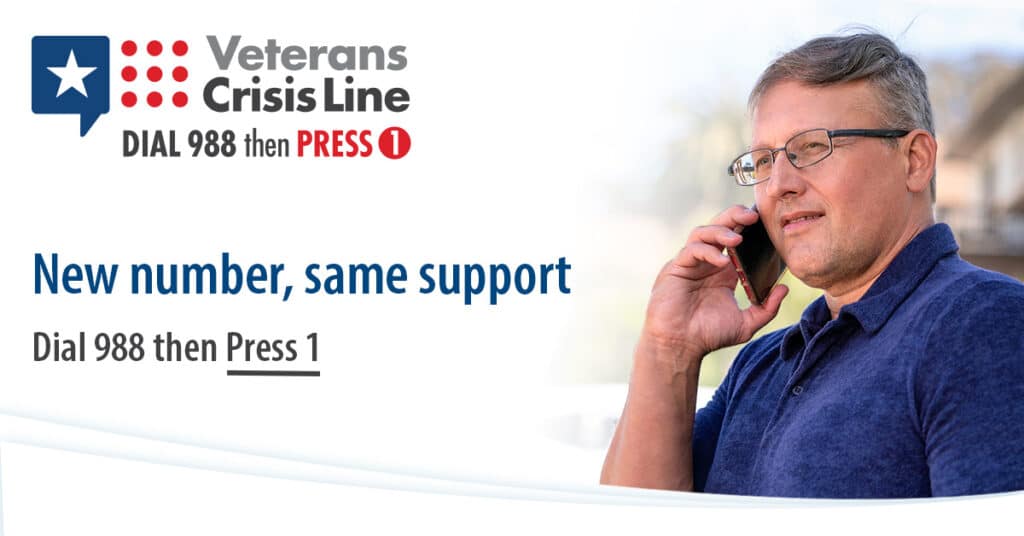Addressing Alcoholism in Military Communities
June 9, 2023
Understanding the Problem, Treatment Options, and Ways to Help

Alcoholism continues to be a significant problem in Military and Veteran communities, affecting Service Members, their families, and community members. While alcohol consumption is common in the military, alcohol abuse and dependency can have severe negative effects on individual health and relationships. Unfortunately, Veterans are at increased risk for alcoholism due to their unique challenges (traumatic experiences that lead to PTSD, job loss, health issues, and social isolation). Due to the prevalence and severity of alcoholism among Military and Veteran populations, it is essential to raise awareness, identify effective treatment options, and explore ways to support those struggling with alcoholism. Here are some key aspects of the issue, including the signs and risk factors of alcoholism, available treatment options, and ways to help.
Signs and risk factors
According to recent studies, a significant number of military personnel struggle with alcohol use and its consequences, including impaired performance, accidents, mental and physical health problems, and legal issues. The reasons for alcohol abuse among military personnel are multifaceted and often related to the unique demands and stresses of military life, such as combat exposure, frequent relocations, long deployments, separation from families, financial pressures, and transitions to civilian life.
Additionally, Veterans may struggle with alcoholism as they cope with the aftermath of traumatic experiences, physical injuries, mental health conditions, and difficulties in accessing healthcare and support services. It is crucial to recognize the signs of alcohol abuse, such as increased tolerance, withdrawal symptoms, neglect of responsibilities, mood swings, and secrecy. Additionally, certain risk factors may increase the likelihood of alcoholism, including genetics, early onset of drinking, peer influence, and mental health disorders. By identifying these signs and risk factors, we can begin to address the issue of alcoholism among Military and Veteran communities.
Treatment options
Fortunately, several treatment options are available for individuals struggling with alcoholism, ranging from medication-assisted therapy, behavioral therapies, counseling, and peer support groups such as Alcoholics Anonymous. Treatment will depend on the individual’s needs, the severity of alcoholism, and preferences. Medications such as Acamprosate, Naltrexone, and Disulfiram can help reduce cravings, block the effects of alcohol, and promote abstinence. Behavioral therapies such as Cognitive Behavioral Therapy (CBT), Motivational Enhancement Therapy (MET), and Contingency Management (CM) can help individuals develop coping skills, manage triggers, and change negative thoughts and behaviors.
Counseling such as one-on-one or group therapy can provide emotional support, education, and feedback from a mental health professional. Peer support groups such as Alcoholics Anonymous (AA) can offer a sense of community, accountability, and shared experiences. Additionally, specialized programs such as the Veterans Affairs Substance Abuse Programs can provide comprehensive care tailored to Military and Veteran populations. It is essential to seek appropriate and timely treatment for alcoholism to prevent its negative consequences and improve overall quality of life.
Awareness and advocacy
Apart from individual treatment, there are many ways we can help address alcohol abuse in Military and Veteran communities. One of the most effective ways is to raise awareness and reduce the stigma surrounding alcoholism. By educating ourselves and others about the prevalence, causes, and consequences of alcohol abuse, we can promote understanding and empathy for those affected. Additionally, providing access to affordable and accessible healthcare, social support, and employment opportunities may reduce the triggers and challenges that contribute to alcoholism among Military and Veteran populations. Supporting community organizations that provide services and resources for veterans and their families can also make a significant difference. Finally, encouraging individuals struggling with alcohol abuse to seek help and providing them with supportive, non-judgmental attitudes can be life-saving.
Alcoholism remains a significant challenge in Military and Veteran communities, affecting individual mental and physical health, relationships, and community well-being. It’s crucial to recognize the signs and risk factors of alcohol abuse, seek appropriate and effective treatment, and explore ways to support those struggling with alcoholism. While no single solution can address this complex issue, raising awareness, reducing stigma, and providing access to resources and services can make a difference.
If you are a Veteran in crisis or know a Veteran in crisis, help is just a phone call away.



